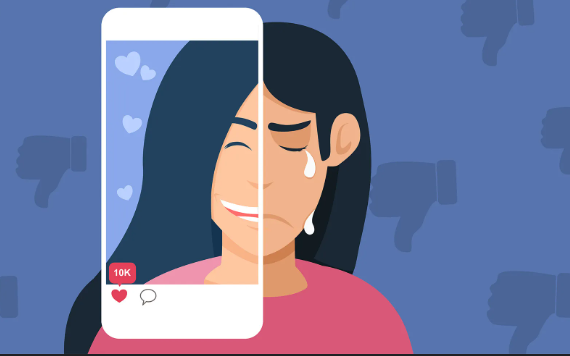Social media has transformed the way we connect, share, and interact with the world. However, social media insecurities are a common issue many users face. While social media serves as a great tool for communication and inspiration, it often triggers insecurities. From perfectly curated photos to endless success stories, it can make anyone question their worth or feel like they’re not doing enough. Fortunately, you can overcome these insecurities and build a healthier relationship with social media. Here’s how.

Understanding the Source of Insecurities
Before tackling insecurities, it’s important to understand where they originate. Social media is essentially a highlight reel of people’s lives. Moreover, what you see is often their best moments, carefully chosen and edited to look perfect. This creates unrealistic standards, making it easy to compare your reality to someone else’s seemingly flawless life. Consequently, this comparison can lower self-esteem and increase feelings of inadequacy.

Unrealistic Standards
Many influencers and celebrities set beauty, lifestyle, and success standards that are nearly impossible for most people to achieve. For instance, airbrushed skin and luxurious vacations often fill social feeds. These posts can make you feel like you’re falling short. However, it’s crucial to remember that these images are not accurate reflections of everyday life. In fact, what is left unsaid often matters more than what is shared.
The Impact of Curation

Social media empowers users to curate their content carefully. Typically, people share only the good moments—promotions, celebrations, and achievements—while leaving out struggles and failures. As a result, this selective sharing creates a distorted view of reality, making you feel like everyone else’s life is perfect, and yours isn’t. To improve your mental health, it’s important to remind yourself that social media is often a highlight reel, not the full story.
Additionally, setting limits on your social media time and engaging more in offline activities can help reduce these feelings. Follow accounts that promote authenticity and positivity, and try to avoid comparatives that trigger negative feelings. Building self-awareness and mindfulness are key steps toward overcoming social media insecurities.
For more guidance, explore our Social Media Wellbeing resources and read our blog on overcoming insecurities for practical tips and support.
Curious to explore the details? Click to read the full story at Magazine.xxx.




